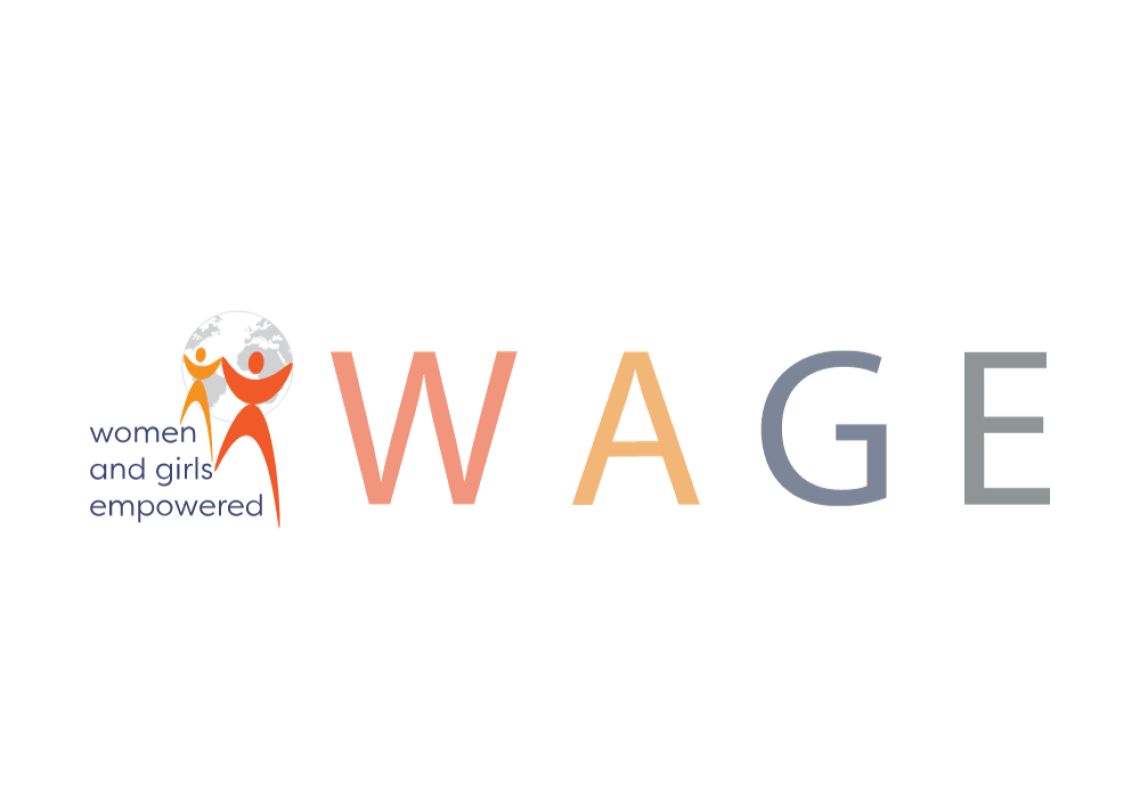Grameen Foundation and the Women and Girls Empowered (WAGE) Consortium
Grameen Foundation was a lead partner in the Women and Girls Empowered (WAGE) consortium, a six-year-long joint effort to create enabling ecosystems for women and girls across the world.
Funded by the U.S. Department of State Secretary’s Office of Global Women’s Issues and led by the American Bar Association - Rule of Law initiative Grameen, along with CIPE and Search for Common Ground, WAGE launched six initiatives across seven countries: Ghana, Eswatini, Honduras, El Salvador, Myanmar, Sri Lanka, and Timor-Leste.
Grameen focused on building the capacity of local civil society and private-sector organizations, women community leaders, entrepreneurs and their partners. We collaborated with these stakeholders to support women's economic empowerment while preventing and responding to gender-based violence (GBV).
In total, Grameen partnered with 36 local organizations, which improved their services to 640,064 women and girls.
Our Role
Grameen Foundation's role as a core partner of WAGE was to do the following:
- Address multidimensional barriers: There are complex and multidimensional barriers faced by women entrepreneurs who aspire to grow their income and agency. These barriers were similar across all implementing countries and reflected deep patriarchal norms and unequal power dynamics among genders. Addressing these barriers required a coordinated approach, integration of WAGE’s core thematic areas, and Grameen's expertise.
- Assess organizational capacity: A crucial element of Grameen's work with partners was to evaluate their organizational position on the gender awareness spectrum. This included advising them on enhancing their policies and practices to foster a more gender-transformative environment and aligning their missions with widely recognized performance management standards.
- Craft tailored capacity-building strategies: Grameen addressed harmful gender and social norms at the level of the local institutions interacting with women entrepreneurs. We implemented gender and power dynamics workshops in all countries, except for Sri Lanka and Myanmar, with locally led management and frontline staff. These workshops were effective at stimulating critical reflection and analysis regarding power, harmful gender norms, unconscious bias, and intersectionality, while also allowing participants to move toward personal and professional change. We also helped organizations develop safeguarding and do no harm policies and procedures within economic strengthening initiatives.
- Engage men as allies: Acknowledging the influential role of male involvement in the sustained effectiveness of women's economic empowerment programming, gender equality, and GBV risk mitigation, Grameen incorporated numerous strategies, along with the support of consortium members, in its projects to actively engage men as allies in overcoming barriers to WEE and reducing GBV. Results from participant interviews and surveys revealed that the male engagement efforts, which primarily leveraged community and intrahousehold dialogues (IHD), were successful in shifting attitudes about traditional gender roles and norms, increasing knowledge and awareness of GBV and its causes, and building support for WEE for households and the larger community.
